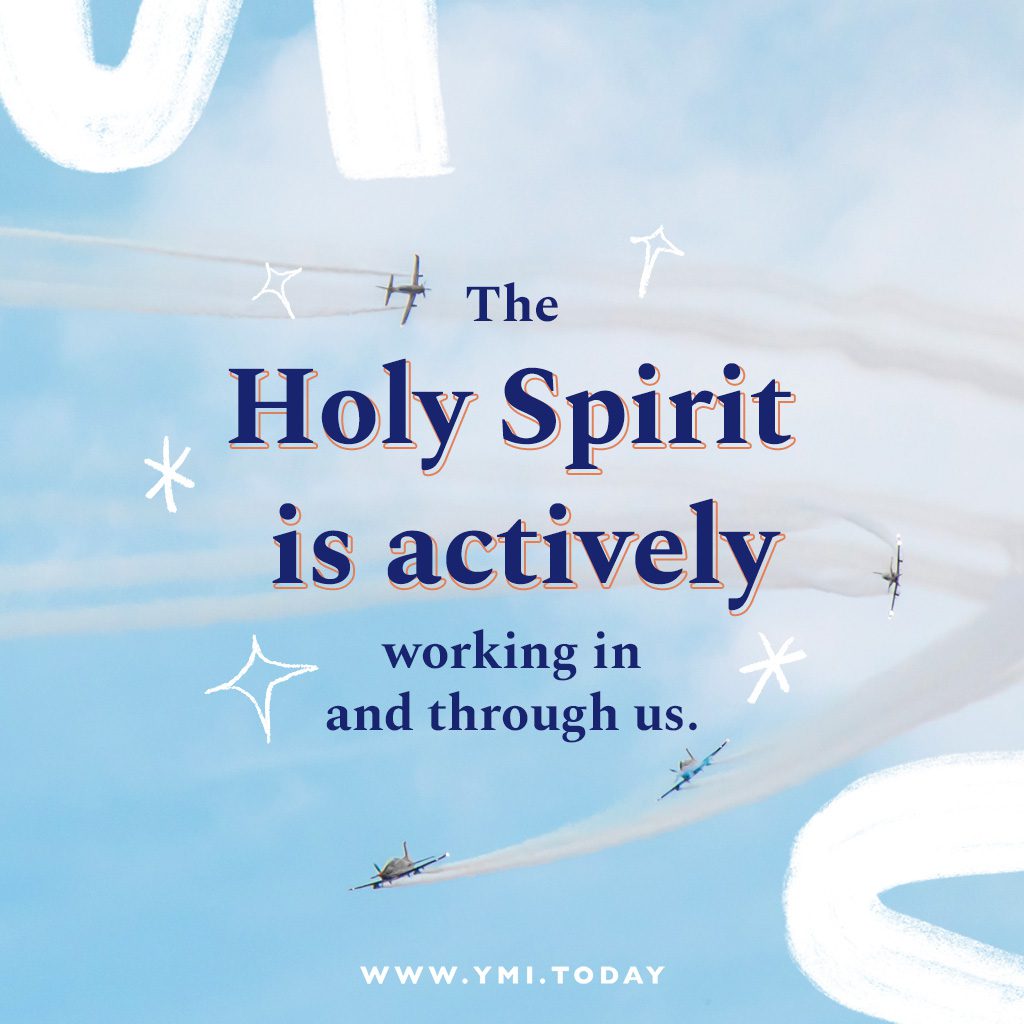YMI Reading Ephesians Day 8: Don’t Settle for Surface-Level Peace
It all started with an offhanded comment made in the heat of the moment.
For weeks after that, silence hung between us. I was fearful that the issue might have broken our friendship. But being non-confrontational, I chided myself for all the things I felt I had done wrong, and left it at that.
On the surface, it looked like I had made peace with the situation and moved on. In fact, I even thought that by not calling out my friend, my actions demonstrated the humility, gentleness, patience, and forbearance in love that Paul calls us to in Ephesians 4:2-3.
Yet whenever I thought about that person, I felt bitter and resentful. And the more I turned the situation over in my head, the more I began to build up misperceptions about him.
My friend must have felt it, too. Being the more courageous one, he humbly reached out to clear the air. The patience and gentleness with which he handled the situation—honestly owning up to his own blind spots, and giving me space to respond and share my own perspective—softened my heart, and enabled us to have an open conversation that wasn’t driven by our anxieties and self-centred desires.
My instincts to avoid dealing with the hurts we both felt may have created temporary “peace”, but it led to underlying strains of distrust. In contrast, though the deep work of “making every effort” to maintain that “bond of peace” (v. 3) was time-consuming and uncomfortable, it fostered a greater sense of trust and openness in our friendship.
This experience helped me realise that when Paul cast a glorious vision of the hope that awaits us in eternity in Ephesians 1-3, this hope isn’t just for the next life. But when he exhorts us to apply these truths to the messiness of our daily lives in Ephesians 4, it is an invitation to see the beauty of living life in submission to Christ, who is “over all and through all and in all” (v. 6) now.
And that starts with remembering that we worship “one God” who is over all. By recognising Jesus’ headship over the body of Christ, we surrender our right to be the lord of our own lives.
Serving our own interests only fractures us, but Spirit-led unity restores us to each other, as people who have been called to one body, one Spirit, one hope, one Lord, one faith, one baptism, one God and Father (vv. 4-6). When we embrace our identity and lean into the wisdom of His ways, we find that walking in humility and gentleness leads us into lives of true peace.
As we patiently seek His wisdom and perspective, we make space for the Holy Spirit to work in us first. In response to God’s leading, we humbly make restitution for what has gone wrong, trusting that He is working through us, guiding our conversations, and leading us towards a common end goal—unity in Christ.
I still try to avoid conflicts at all costs, but I’m thankful for this friend who valued our relationship enough to pull me out of my comfort zone, so I could witness first-hand the joy and freedom of being yielded to Christ.
It also opened my eyes to see how God is able to work through a community that’s committed to sanctifying one another towards Christlikeness. It inspires me to constantly turn over my relational fears and conflicts to Christ, knowing that the Holy Spirit is actively working within me, so that I may remain tender-hearted (Ephesians 4:32) and truly bear with others in love.
—Rebecca Lim, Malaysia
Questions for reflection

Let’s Pray
Father, thank You for reminding me that we share in one faith and hope in You. Help me to not be content with surface-level peace, but to strive for true peace and unity with my brothers and sisters in Christ. Give me strength to love others wisely and to relate to them in ways that will honour and point them towards You.
Return to YMI Reading Ephesians Homepage




Leave a Reply
Want to join the discussion?Feel free to contribute!